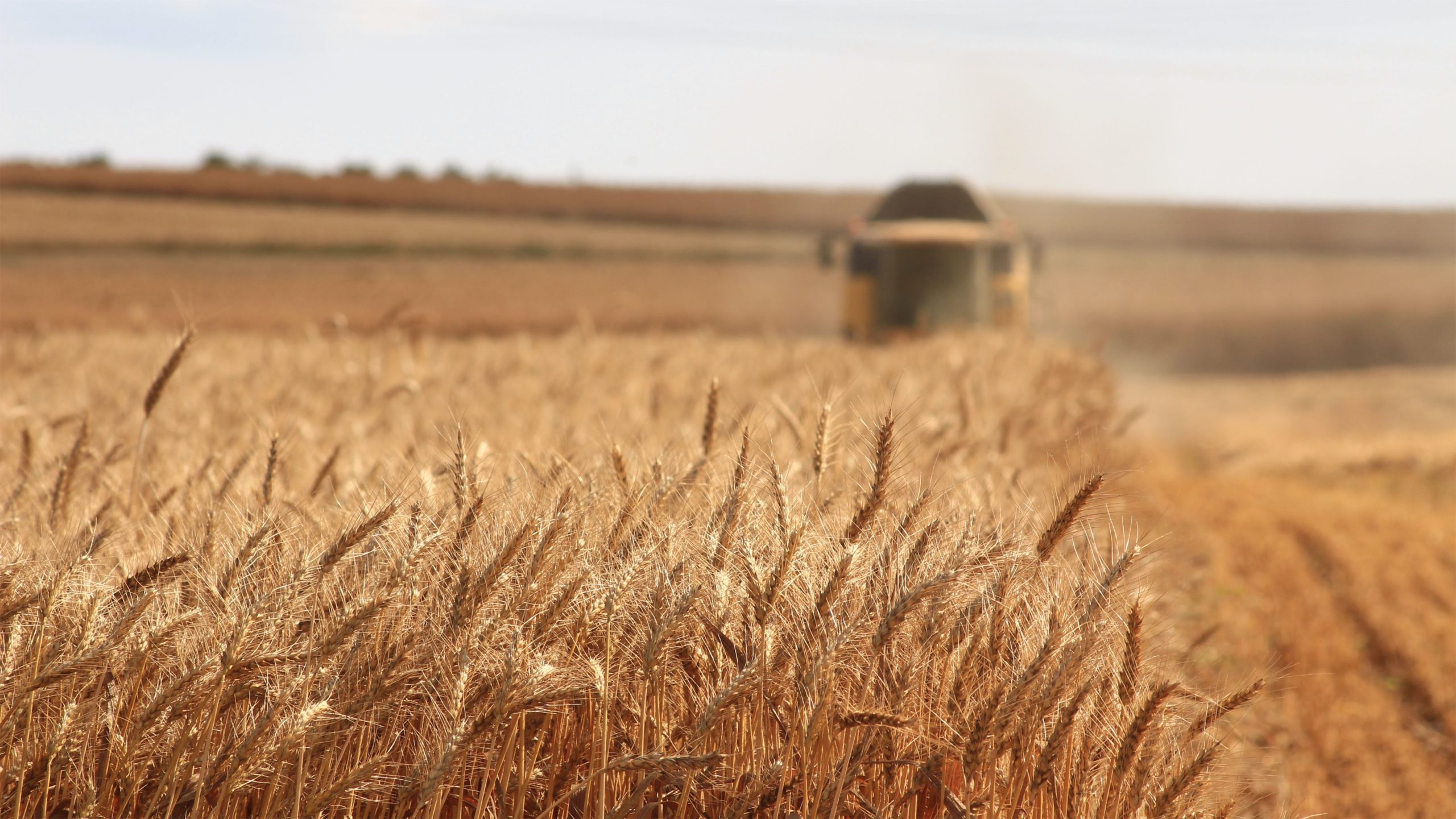Ireland to accelerate carbon farming with a focus on farmers role in tackling emissions

The Irish Government intends to accelerate plans to enhance carbon-related farming across the nation, a vital part of capturing greenhouse gases.
Carbon farming refers to capturing and storing carbon dioxide and storing it in soils, crop roots, woods and leaves. The National Agricultural Soil Carbon Observatory (Nasco), launched by Teagasc a few years ago, focuses on monitoring soils and setting standards on the level of carbon trapped in the land. The main aim is to provide farmers with an improved standard of soils.
Charlie McConalogue, the Minister for Agriculture, has announced €2.7 million in further funding for the observatory to acquire more greenhouse gas monitoring devices and increase the type and range of soils and land uses analysed. Nasco will take selective samples at various farms and measure carbon levels constantly. Industry experts believe it offers a nature-based solution to tackling the climate challenge due to its proven results in storing atmospheric carbon.
McConalogue explains that this investment for the National Agricultural Soil Carbon Observatory solidifies the commitment to supporting research and generating the data required to support the development of a carbon farming model that incentivises actions that remove carbon and store it in soils. McConalogue highlights that the added investment will enhance agriculture and the society of Ireland through a clear understanding of greenhouse emissions and emphasising the ways to achieve considerable reductions in emissions. Carbon farming is an area that McConalogue believes will become a critical part of farming in Ireland in the future. This is an opportunity for Irish farmers to generate a new income stream from their land.
For farmers to be rewarded for climate action, a clear carbon farming framework with assurance, verification and certification will be vital. A working group has been established with expertise from industry and the Government to provide the necessary measures. The group will utilise relevant data to create recommendations and deliver the needed steps.
McConalogue and the Minister of State for Land Use and Biodiversity, Pippa Hackett, support the EC report for Sustainable Carbon Cycles. The report highlights the importance of developing and deploying carbon removal solutions at scale as a critical method of reaching net-zero by 2050. Hackett explains that the study provides clarity on the importance of farming, landowners and foresters who have been calling for measures to support their involvement in carbon markets.
Similar measures have been introduced within the Woodland Environmental Fund and Agroforestry Scheme, and Hackett believes the benefits are clear from on-farm tree planting and other carbon-related activities. Teagasc has begun detailed monitoring of carbon emissions and removals in Irish soils, positioning Ireland at the front, in terms of supporting and rewarding farmers for storing carbon in our soils. Dr Karl Richards, the head of the environment, soils and land-use research at Teagasc, believes expanding the observatory will deliver enhanced research resources for Ireland to refine agricultural emissions and explore new ways of reducing greenhouse gas emissions.
All News
